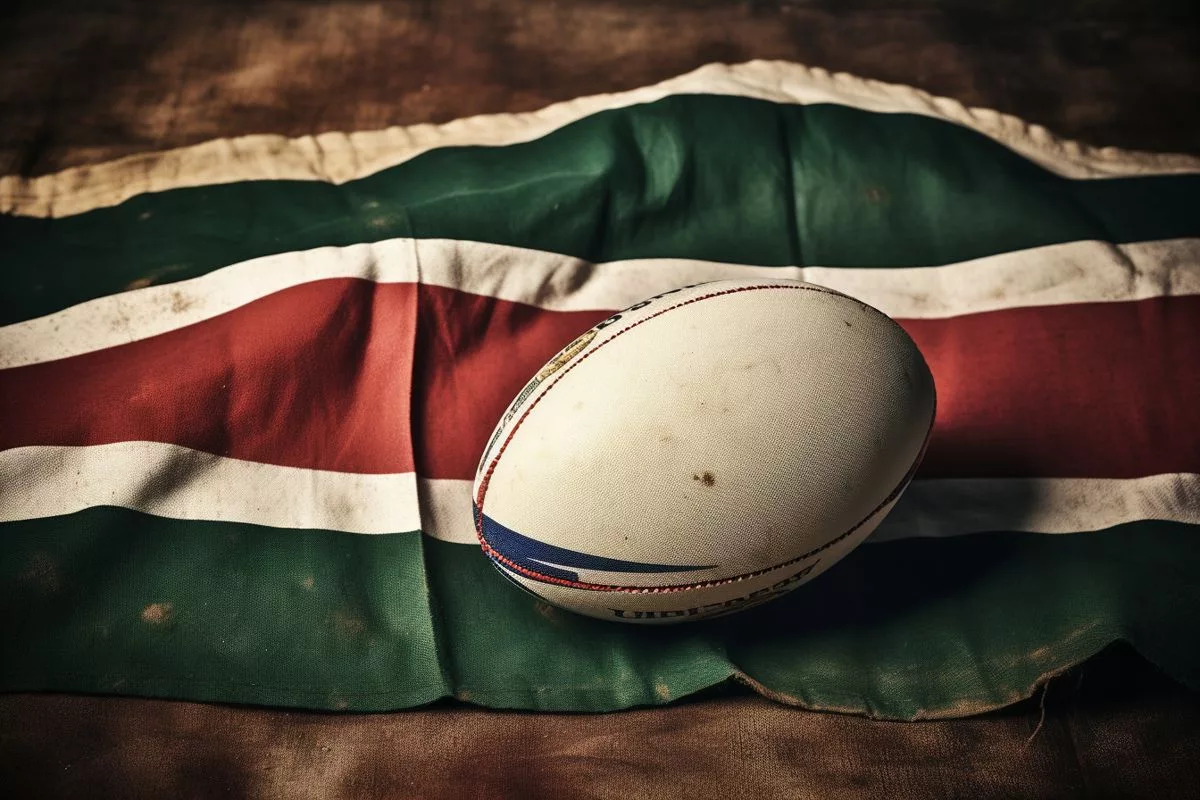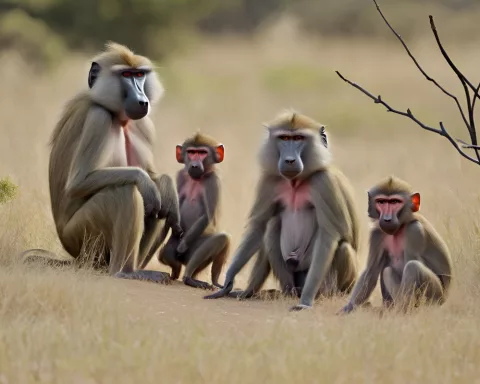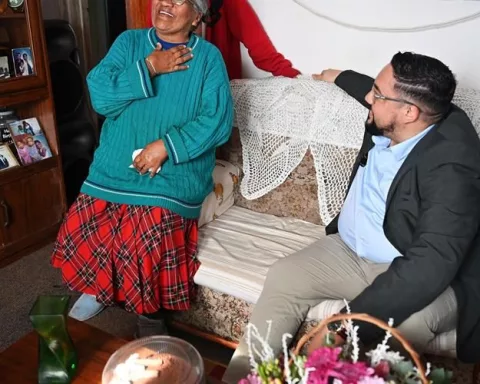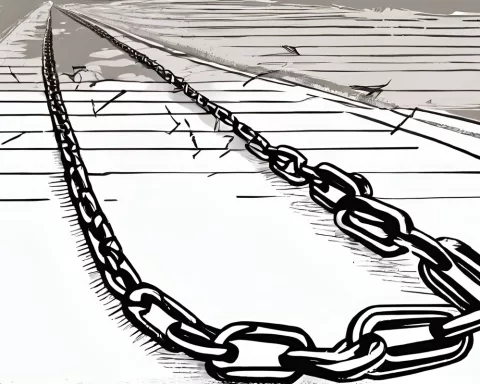Discover the stories of the four coaches who led the Springboks to Rugby World Cup glory in a vivid and simple way. From the trailblazing Felix Du Plessis to the current coaches Rassie Erasmus and Jacques Nienaber, learn about their coaching styles, legacies, and impact on South African rugby and culture. Siya Kolisi, the team captain, praises Nienaber’s unique coaching approach that values players beyond their abilities on the field. With their enduring legacy, these coaches have played a pivotal role in shaping the game’s future in South Africa.
The Architects of Success: Tales of the Springboks’ World Cup Champion Coaches
Learn about the four coaches who have led the Springboks to Rugby World Cup glory, including Felix Du Plessis, Kitch Christie, Jacques Nienaber, and Rassie Erasmus. Discover their coaching styles and legacies, as well as their impact on South African rugby and culture. Siya Kolisi, the team captain, praises Nienaber’s unique coaching style, which values players as individuals beyond their abilities on the field.
A Legacy of Excellence
South Africa’s rugby annals are replete with tales of remarkable coaches who have left an indelible mark on the sport. Four coaches, each with distinct game plans and remarkable win-rates in test matches, have guided the Springboks to Rugby World Cup triumphs, immortalizing their names in history.
Among these revered figures is Felix Du Plessis. Despite serving as the Springboks’ coach for a solitary match in 1964, he stands as a towering figure in rugby history. At a time when coaching was viewed with skepticism in some rugby union circles, Du Plessis was a trailblazer, setting the stage for future coaching legends.
The Pioneers
The story of South Africa’s rugby successes would be incomplete without mentioning Kitch Christie. Assuming command after a disappointing New Zealand tour under the guidance of Ian McIntosh in 1994, Christie’s surgical precision and strategic planning were instrumental. With a Rugby World Cup team built around a core group of Lions players he was well-acquainted with, and Francois Pienaar, a charismatic leader, at the spearhead, their path to glory was well charted.
Another luminary in this glittering constellation is Jacques Nienaber. Ending his coaching tenure with a commendable 69% win-rate, Nienaber sits comfortably between Nick Mallet’s 71% win-rate and Jake White’s 66% win-rate. This record lends a valuable perspective on Nienaber’s impactful tenure.
Often wrongly overlooked, Nick Mallet’s coaching stint was marked by a promising beginning followed by a perceived decline. Despite this, his crucial role in bringing modern tactics to Springbok rugby is undeniable.
Looking Ahead: The Second Stint
The narrative takes a thrilling turn as Rassie Erasmus gears up to script history with a second term as head coach in 2024. His previous tenure witnessed the Springboks assuring a 65% win-rate in test matches, hinting at a bright future under his stewardship.
The Human Touch
The influence of these coaches, Nienaber in particular, extends well beyond the rugby field. Team captain Siya Kolisi recalls how Nienaber played a pivotal role in shaping his career, starting from his days as an 18-year-old at Western Province Academy. Kolisi praises Nienaber’s ability to connect with his players on a personal level, recognizing them not just as athletes, but as individuals with unique motivations and backgrounds.
Kolisi’s touching tribute reflects Nienaber’s coaching ethos: “They don’t encourage us to tackle hard – we all recognize that. He knows my children by their names, inquires about my personal well-being…”. This personalized approach to coaching, which values the player beyond his abilities on the field, has significantly contributed to the Springboks’ success.
Nienaber’s knack for fostering a familial atmosphere within the team is a testament to his unique coaching style. His preference for involving team members’ families and his focus on each player’s story endears him to the Springboks team.
Kolisi’s admiration for Nienaber and Erasmus shines through as he acknowledges their devotion to both the sport and the nation. His words underscore the fact that these coaches are not just crucial figures in South Africa’s rugby narrative but also influential contributors to its cultural landscape.
Impact and Influence
In the grand tapestry of rugby, the Springboks’ coaches have played a pivotal role in both the sport’s evolution and the team’s triumphs. Their innovative strategies, unwavering leadership, and deep comprehension of their players have laid the foundation for Rugby World Cup victories. And as they continue to shape the game’s future in South Africa, their enduring legacy will undoubtedly inspire future generations of players and coaches.
Who are the four coaches who led the Springboks to Rugby World Cup glory?
The four coaches who led the Springboks to Rugby World Cup glory are Felix Du Plessis, Kitch Christie, Jacques Nienaber, and Rassie Erasmus.
What is the coaching style of Jacques Nienaber?
Jacques Nienaber’s coaching style involves valuing players beyond their abilities on the field and connecting with them on a personal level. He focuses on each player’s story and involves team members’ families, fostering a familial atmosphere within the team.
What is the impact of South Africa’s rugby coaches on the sport’s evolution?
South Africa’s rugby coaches have played a pivotal role in the evolution of the sport and the team’s triumphs. Their innovative strategies, leadership, and understanding of their players have laid the foundation for Rugby World Cup victories and will continue to inspire future generations of players and coaches.
What was Kitch Christie’s contribution to South African rugby?
Kitch Christie’s surgical precision and strategic planning were instrumental in leading the Springboks to Rugby World Cup glory. He built a Rugby World Cup team around a core group of Lions players and charismatic leader Francois Pienaar.
What is Rassie Erasmus’ win-rate in test matches as head coach of Springboks?
Rassie Erasmus’ win-rate in test matches as head coach of Springboks was 65% during his previous tenure, hinting at a bright future under his stewardship.
How did Jacques Nienaber influence Siya Kolisi’s career?
Jacques Nienaber played a pivotal role in shaping Siya Kolisi’s career, starting from his days as an 18-year-old at Western Province Academy. Kolisi praises Nienaber’s ability to connect with his players on a personal level and recognizes them as individuals with unique motivations and backgrounds.












